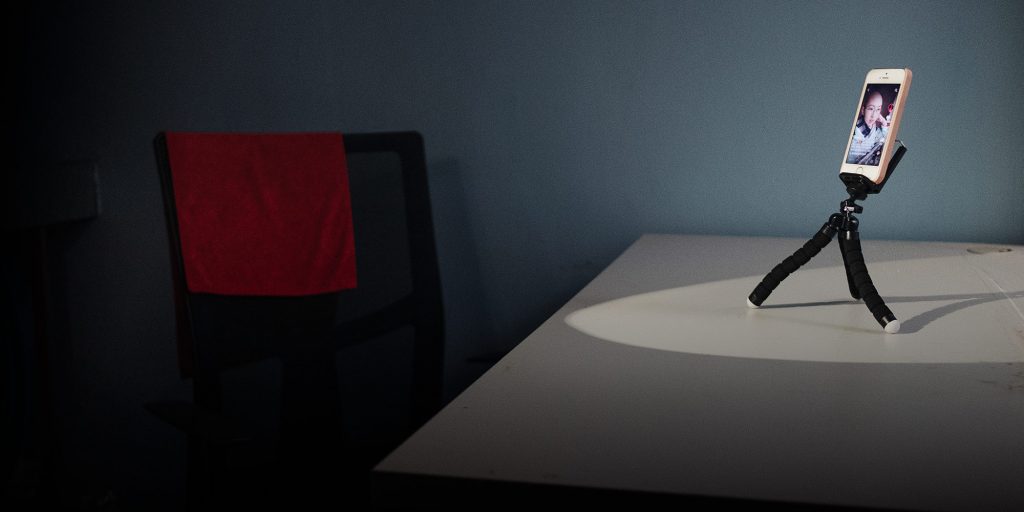Livestreaming platforms offer young patients a source of support, a sense of community, and the chance to redefine themselves.
At 8 every night, Xiaorou — bewigged, glammed out, and dressed to kill — fires up Douyin, known as TikTok outside of China, and welcomes her fans back to her livestream channel. But unlike the platform’s other aspiring viral stars, Xiaorou’s wig isn’t just for fashion or performance: Diagnosed with cancer in 2017, her regular chemotherapy treatments have left her bald.
Xiaorou, who’s 35 and goes by “Anti-cancer Angel” online, isn’t hiding her condition from her fans, and she occasionally doffs the wig when viewers tell her how much they like her “real” appearance. In addition to her nightly show, Xiaorou also records her routine hospital visits, turning them into short, 15-second videos for her fans to see.
Over the past few years, short-form video apps like Douyin and rival Kuaishou have exploded in popularity in China, where they currently boast a combined user base of nearly 648 million. As emerging, next-generation social networks, these platforms have fostered virtual communities for millions of otherwise isolated young Chinese. Among them there are those who, like Xiaorou, have been diagnosed with cancer at an age when they could be climbing the corporate ladder or thinking about starting a family.
“Cancer” is an intimidating word, and people’s evident awkwardness when discussing it leaves many patients reluctant to talk about their conditions or reveal their diagnoses at all. So what is it about video-sharing platforms that give people like Xiaorou the confidence to stop suffering in silence and open up about their lives? Continue to read the full article here.
– This article originally appeared on Sixth Tone.






